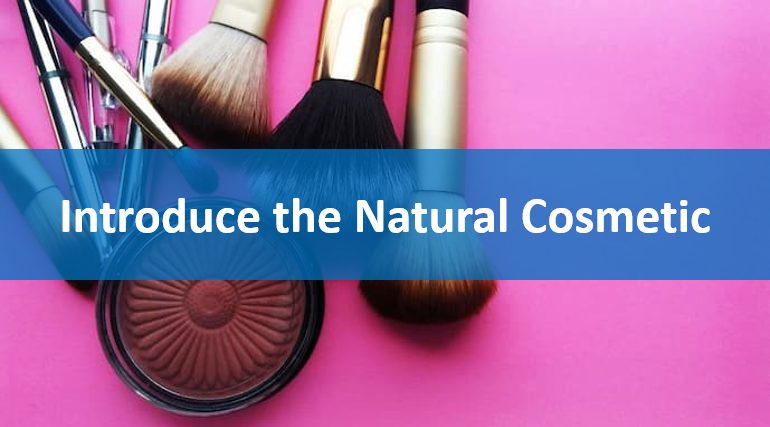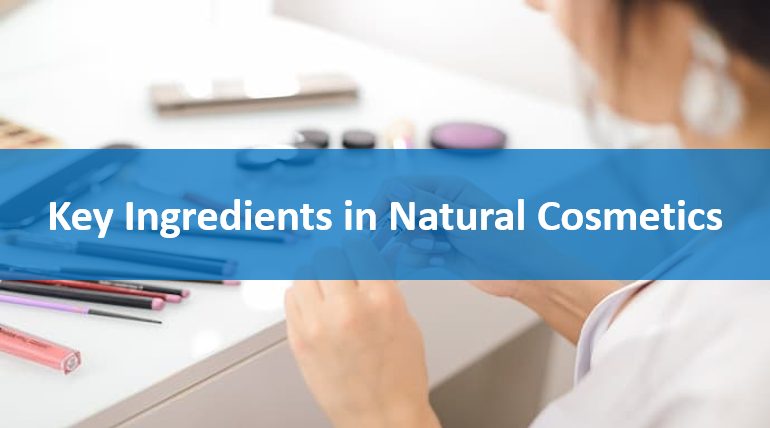
- HOME
- Cosmetic OEM Lab
How to Choose Natural Cosmetic Ingredients?
Is Natural Cosmetic Ingredients Better than Chemical?
In an era where consumers are becoming increasingly conscious about the products they use, natural cosmetic ingredients have gained significant popularity. With the global beauty industry evolving, the shift toward natural and sustainable products is noticeable. This growing trend isn’t just about avoiding synthetic chemicals but embracing the benefits of nature’s finest ingredients. Whether you’re a cosmetic enthusiast, formulator, or someone passionate about clean beauty, understanding how to choose natural cosmetic ingredients and the advantages they offer is crucial. In this article, we’ll explore key insights into choosing natural cosmetic ingredients, their benefits, and how they compare to synthetic counterparts.
Contents

In recent years, the beauty industry has undergone a significant shift towards natural cosmetics, driven by increasing consumer awareness of health, sustainability, and the effects of synthetic ingredients on both the body and the environment. As consumers increasingly lean towards products that not only enhance beauty but also align with their values, the demand for natural cosmetics continues to rise.
Natural cosmetics are products formulated with ingredients that are derived from natural sources such as plants, minerals, and animals (e.g., beeswax, honey). These products do not contain artificial chemicals, parabens, synthetic fragrances, or colours. The goal of natural cosmetics is to offer a more holistic approach to beauty, emphasizing sustainability, skin health, and environmental responsibility.
While both natural and organic cosmetics focus on purity, there is a significant difference.
Natural Cosmetics: These contain ingredients from nature, but they may not always be free from pesticides or artificial additives.
Organic Cosmetics: These are made with ingredients grown without pesticides, synthetic fertilizers, and GMOs. They often carry certification labels, indicating compliance with organic standards.
While all organic products are natural, not all natural products are organic.
Pros:
Cons:

As awareness of health and environmental issues continues to grow, the question of whether creating natural cosmetics is necessary has become increasingly relevant. The beauty industry, traditionally dominated by synthetic formulations, is now witnessing a shift towards more natural alternatives that prioritize skin health and sustainability. Natural cosmetics, made from plant-based ingredients and free from harmful chemicals, offer consumers safer options that align with their values and lifestyles. In this trend, transparency, ingredient integrity, and ethical sourcing are paramount
The demand for natural cosmetics has surged, driven by a growing awareness of the potential hazards associated with synthetic chemicals in beauty products. Consumers are now more concerned about the ingredients that go into their skincare and are willing to pay more for clean, natural, and eco-friendly alternatives. This market trend indicates that creating natural cosmetics is not only necessary but also a strategic move for brands looking to stay competitive.
Natural cosmetics offer a variety of benefits:

Let’s explore some of the most popular natural ingredients used in cosmetics and why they are beneficial:
Jojoba oil is derived from the seeds of the jojoba plant and closely resembles the natural oils produced by human skin. It helps regulate sebum production, making it ideal for oily and combination skin types.
Rich in essential fatty acids and vitamins A and C, rosehip oil helps improve skin elasticity and reduces the appearance of scars, fine lines, and wrinkles. It is particularly effective for dry and aging skin.
Squalane is a highly effective moisturizing agent derived from plants. It mimics the skin’s natural oils and helps prevent moisture loss, making it suitable for all skin types.
Rosemary extract has powerful antioxidant properties that help protect the skin from environmental stressors. It also has anti-inflammatory effects, which can help soothe irritated skin.
Green tea is a potent antioxidant that helps protect the skin from free radicals, which can cause premature aging. It also has anti-inflammatory and anti-bacterial properties, making it effective for acne-prone skin.
Hyaluronic acid is a naturally occurring substance in the skin that helps retain moisture. It is commonly used in skincare products to hydrate and plump the skin, reducing the appearance of fine lines and wrinkles.
Ceramides are lipids that form a protective layer on the skin, preventing moisture loss and protecting against environmental damage. They are essential for maintaining healthy, hydrated skin.
Bakuchiol is a natural alternative to retinol. It helps boost collagen production, reduces the appearance of fine lines, and improves skin elasticity without causing irritation.
Vitamin C is a powerful antioxidant that brightens the skin, reduces hyperpigmentation, and protects against sun damage. It also promotes collagen production, making it an anti-aging powerhouse.

Choosing natural cosmetic ingredients offers numerous benefits for both your skin and the environment. From the soothing properties of jojoba oil to the powerful antioxidants in green tea, natural ingredients provide a safer, healthier alternative to synthetic chemicals. While natural cosmetics may come with a higher price tag and a shorter shelf life, their long-term benefits outweigh these drawbacks. As consumers continue to prioritize clean beauty, the demand for natural products is only expected to rise, making it a necessary consideration for both individuals and brands. When selecting natural ingredients, always prioritize quality, sustainability, and compatibility with your skin type for the best results.
For further information, please contact us.